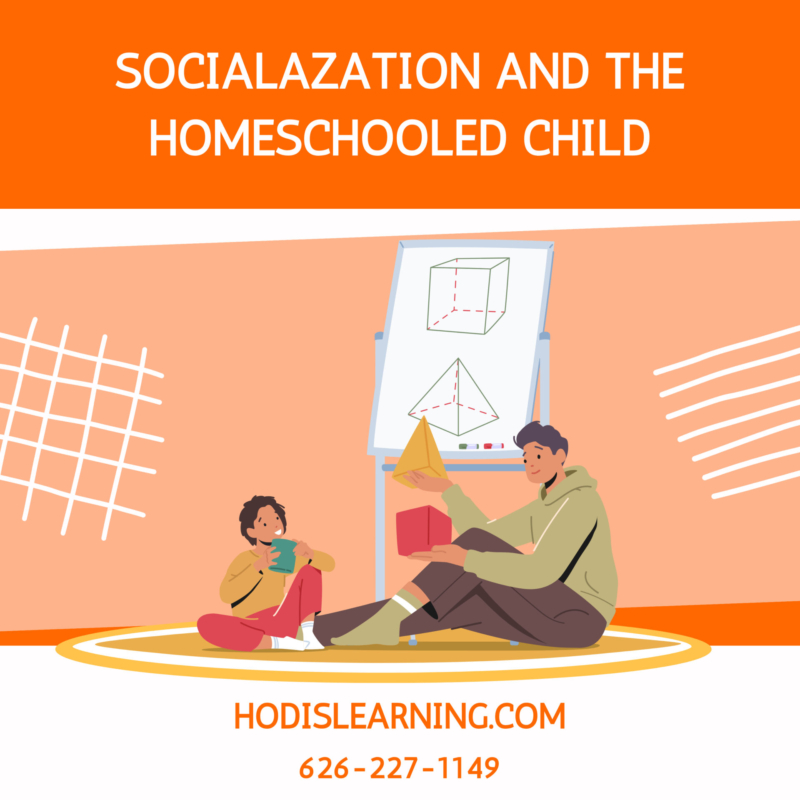Socialization and the Homeschooled Child
One of the most pervasive myths about homeschooling is that it hampers the social development of children. Some critics argue that homeschooled children miss out on the socialization that traditionally schooled children receive. However, the reality is more positive and nuanced than this myth suggests.
Myth 1: Homeschooled Children Are Isolated
The most common stereotype is that homeschooled children are secluded and lack social skills. However, the reality is that homeschooling can offer a broader spectrum of social interactions than traditional schooling. Parents often go out of their way to engage their children in various social settings, from sports teams and community groups to homeschool co-ops and extracurricular classes. Furthermore, some families elect to homeschool their children in small groups, which provides an intimate and highly collaborative atmosphere with same-aged peers. These varied interactions can provide homeschooled children with a rich social tapestry that is both diverse and profound.
Myth 2: Lack of Social Skills
There’s a misconception that homeschooled children lack social skills. However, many homeschooled students often have more opportunities to interact with adults and children of various ages, promoting a different kind of socialization that is more reflective of real-world scenarios. They may develop advanced communication skills, confidence, and a mature perspective on how to navigate social situations, contrary to the one-dimensional social environment sometimes found in traditional schools.
Myth 3: No Exposure to Diverse Perspectives
Critics argue that homeschooling shelters children from diverse viewpoints. Yet, homeschooling parents are typically keen on providing their children with a broad range of experiences and viewpoints. Through community involvement, special interest groups, field trips, and other educational opportunities, homeschooled children can be exposed to a wide variety of cultures, ideologies, and philosophies, often more so than in a conventional school setting.
Myth 4: Difficulty in Transitioning to Higher Education or Workforce
Another common myth is that homeschooled children might struggle to adapt to college or the workforce. On the contrary, studies suggest that homeschooled individuals often excel in higher education and are well-regarded by employers for their self-motivation, independence, and unique problem-solving skills. Their often personalized education equips them with the adaptability and self-directed learning skills that are highly valued in higher education and the modern workplace.
The Realities of Socialization in Homeschooling
Homeschooling, when done thoughtfully, offers a wide array of social opportunities that are often more intentional and varied than those available in traditional schooling. Parents can foster socialization through community service, sports, arts, group classes, and other cooperative learning experiences. These settings not only mimic real-life social structures but also promote a healthy, broad spectrum of social interactions.
Moreover, homeschooled children usually have the advantage of receiving undivided attention in understanding and developing their interpersonal skills, ethics, and values. The flexibility of homeschooling allows for the incorporation of social skills into the curriculum, tailored to the child’s individual needs and personality.
Takeaway
The notion that homeschooled children lack socialization is a pervasive myth that doesn’t hold up under scrutiny. With intentional planning and active participation in a range of activities and communities, homeschooled children can enjoy a rich, diverse, and effective social education.
Enroll in Hodis Learning & Music’s Expert Homeschool Education Program Today!
Hodis Learning & Music provides expert, fully customized K-12 homeschool education that fits student’s individual needs. Our expert homeschool educators have experience working with students of all ages and backgrounds. Learn more about our services by calling or emailing us today!



